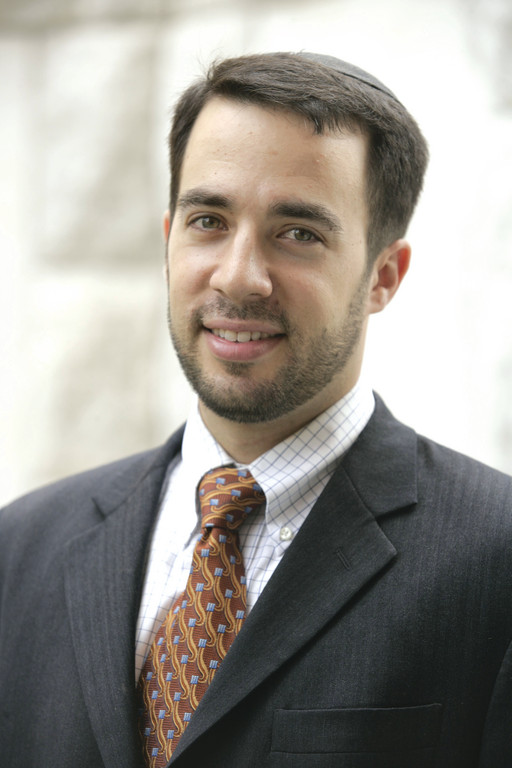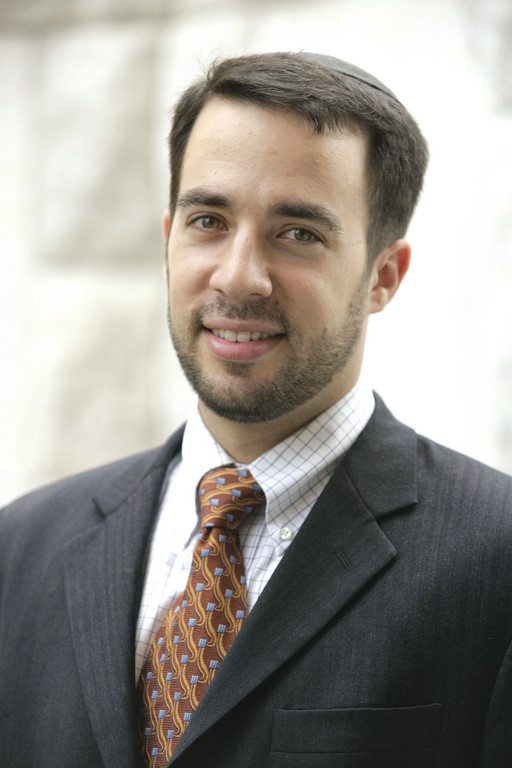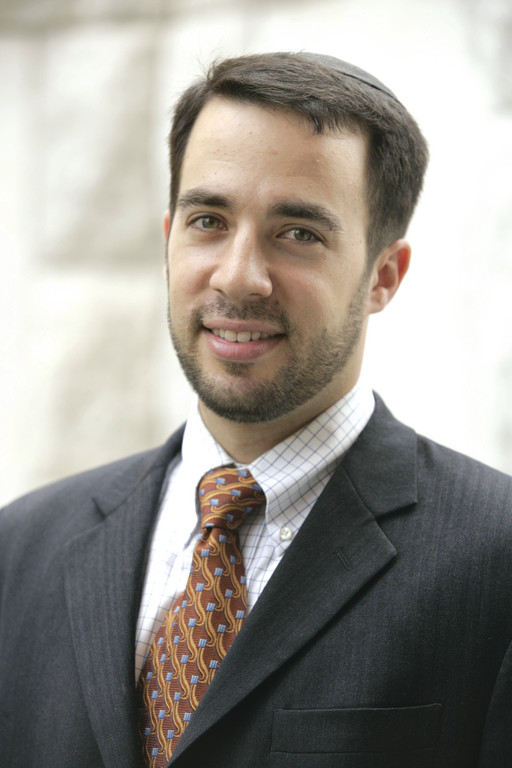Rabbi Avi Billet
603 results total, viewing 381 - 390
|
I don’t care very much to compare women and men simply because I think the comparison isn’t fair. Human we all are, but other than the obvious physical differences, I believe that the natural differences that come from being different genders make comparisons ill-conceived. It’s almost like comparing a tennis player to a soccer player, wondering which is a better athlete.
more
By Rabbi Avi Billet
|
2/21/13
|
|
“If a person (‘man’ here is generic) opens a pit, or uncovers a pit, and leaves it uncovered (when not working on it), and an ox or donkey fall into it, the owner of the pit (e.g. the one who opened it) must pay money to the owner of the animal, and the [animal’s] carcass belongs to him.” (21:33-34)
Rashbam spells out the debate regarding to whom the carcass belongs – to “who” does “him” refer?
more
By Rabbi Avi Billet
|
2/7/13
|
|
It is quite uncommon for the entirety of the Jewish people to agree about something. I would venture to bet that all of the Jews agree to the historical and national significance of the Land of Israel, but not all Jews agree as to the validity of the State of Israel (this disagreement is a shame).
more
By Rabbi Avi Billet
|
1/31/13
|
|
In this most dramatic of Torah portions, the opening pesukim (verses) read like storyboards of a film’s opening sequence of images around the locale where it is set. The people turn from going straight along the Mediterranean coast towards the Red Sea. Moshe is arranging the transfer of Yosef’s bones. They travel from Sukkos (first stop 12:37). We then see the people during the day being led by the Pillar of Clouds. In the dark of night, the Pillar of Fire provides the necessary light and protection.
more
By Rabbi Avi Billet
|
1/24/13
|
|
The three plagues of Parshat Bo can be summarized in one word: Darkness. The locusts “covered the entire surface of the land, making the land dark.” (10:15) The plague of Darkness speaks for itself. And the Death of the Firstborn takes place around midnight (12:29), in the darkness of the shadows of the night. Death, as those of us who have experienced loss know, is the ultimate darkness.
more
By Rabbi Avi Billet
|
1/17/13
|
|
In his “Living Torah,” Rabbi Aryeh Kaplan summarized the many options of what the 4th plague may have been, based on Midrash and commentaries: Flies (Rabbi Nechemiah), wild animals (Rabbi Yehuda) (Sh’moth Rabbah 11:4) (based on a literal reading of Psalms 78:11); dog-flies (Septuagint); blood-suckers (Philo); mixture of insects and snakes (Sefer HaYashar); Beetles (scarab or dung beetle); wolves (Rashbam), panthers, eagles or other birds (Midrash Tehillim 78:45); giant squid (Midrash Aggadah).
more
By Rabbi Avi Billet
|
1/10/13
|
|
Commentaries have a field day trying to pinpoint what was Moshe’s sin that sealed his fate not to bring the people to the Promised Land. Even the language of the Torah is inconclusive, because when the episode of Mei Merivah (Bamidbar Chapter 20 – the “Rock incident”) took place, Moshe and Aharon are informed they will not “bring” the people to the land. It is only later that they are told they, too, will not “enter” the land (Bamidbar 20:24, Devarim 4:21 (referring to Bamidbar 14:30?), Devarim 32:52).
more
By Rabbi Avi Billet
|
1/3/13
|
|
By and large, the tribe of Shimon does not fare well in the Biblical story. The second of Yaakov’s sons is completely bypassed for any leadership role.
The Yalkut Shimoni notes (Shoftim 42) that the tribe of Shimon, “Never had a judge or a king, on account of the sin of Zimri.”
more
By Rabbi Avi Billet
|
12/27/12
|
|
A not-too-farfetched reading of the end of Chapter 45 can indicate that only one person intended to go down to Egypt to stay there. “… And bread and food for his father for the journey” (45:23). “He saw the wagons Yosef had sent to carry him…” (45:27) “Israel said, ‘My son Yosef still lives: I will go and I will see him before I die.’” (45:28)
more
Rabbi Avi Billet
|
12/20/12
|
|
There are many ways to analyze Yosef’s strategy with his brothers--what was his intent, his plan, and his goal in having them go through all the “tzurres” he gave them over their younger brother and their father. The superlatives run from “cruel” to “brilliant” and from “vindictive” to “well thought out.”
more
By Rabbi Avi Billet
|
12/13/12
|

 44.0°,
Mostly Cloudy
44.0°,
Mostly Cloudy 

